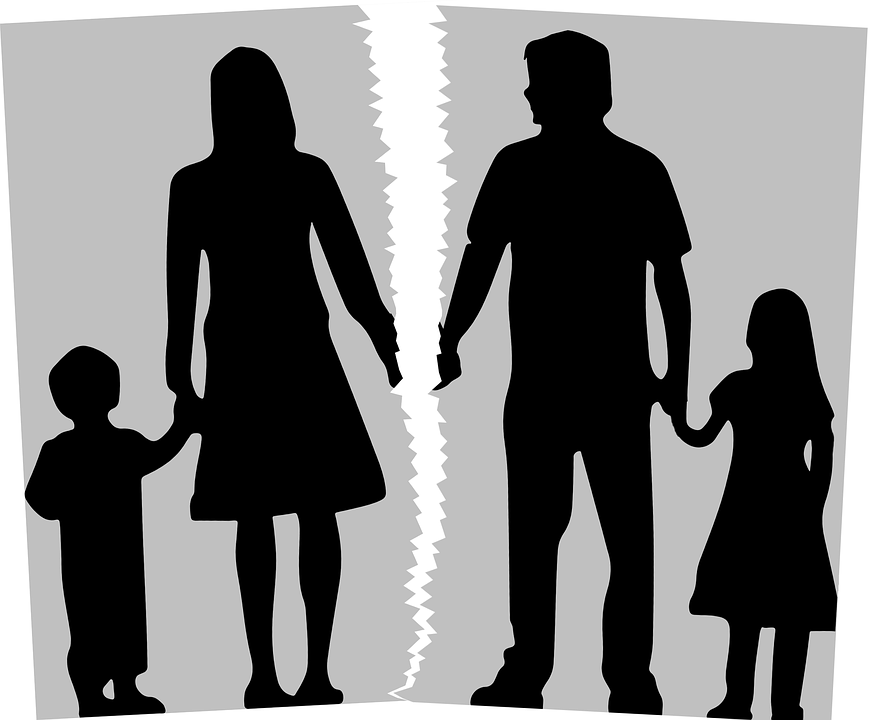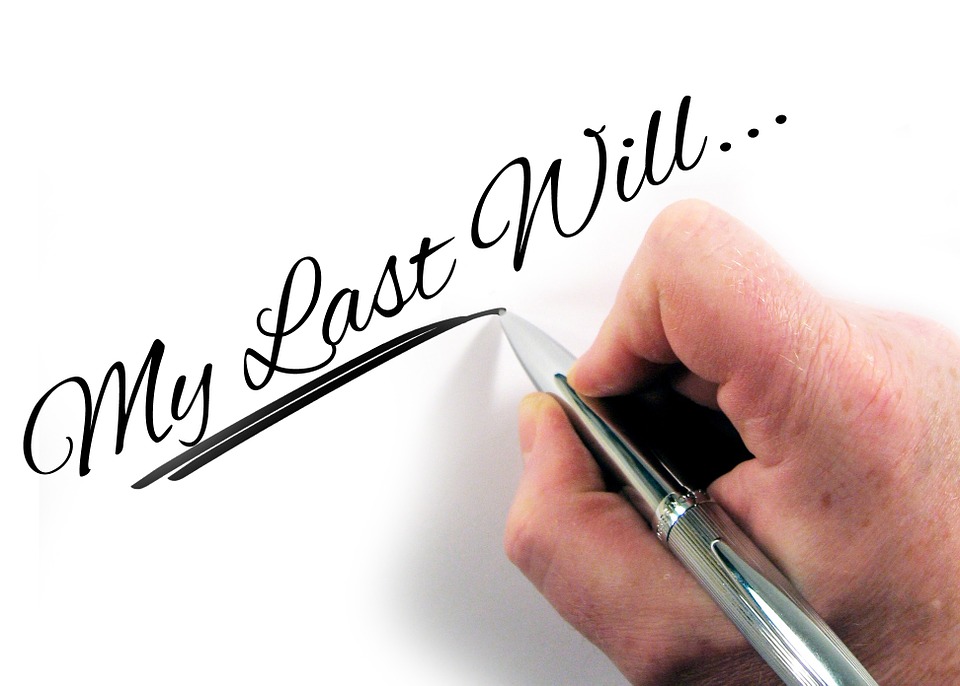What to Expect When You Hire a Drink Driving Lawyer
Being charged with drunk driving is stressful. You may feel uncertain about what’s next or how serious the consequences might be. That’s when hiring a drunk driving lawyer becomes essential. DUI lawyers are experienced in handling these cases and know how to protect your rights while guiding you through the legal process. But still, knowing what to expect when you hire one helps you prepare and reduces unnecessary worry.
Initial Consultation
The first meeting is about understanding your situation. The lawyer will ask detailed questions about your charge, what happened during the arrest, and any communication you had with the police. Be honest and provide as much information as you can. You’ll also have the chance to ask questions about the process, possible outcomes, and legal fees. This meeting sets the stage for the relationship, so clarity is important.
Legal Process Explanation
The legal system can be confusing, especially if you’ve never dealt with it before. Your lawyer will explain each step so you know what to expect. That includes court appearances, submission deadlines, and the range of possible penalties. Some cases resolve quickly. Others take time. Either way, you’ll be kept informed and involved. This transparency ensures you never feel left in the dark.
Evidence Reviews

Once you agree to work together, your lawyer begins gathering and reviewing all available evidence. That includes police reports, breath or blood test results, and any video footage if available. A good lawyer doesn’t just accept the evidence at face value they scrutinize it. If something was done improperly, such as a testing error or a rights violation, your lawyer may be able to use that to strengthen your case. This review is a critical part of building your defense.
Effective Strategies
Every case is unique. Your lawyer will tailor a defense strategy based on your specific circumstances. This may involve negotiating for reduced charges, challenging the accuracy of test results, or presenting character references. In some cases, your lawyer may recommend entering a guilty plea with a plan to argue for more lenient sentencing. In others, they may advise fighting the charge entirely. Their role is to give honest advice and help you make informed choices.
Court Representation
If your case goes to court, your lawyer will represent you. This includes speaking on your behalf, questioning witnesses, and presenting your case to the judge. Having someone skilled in court procedure is valuable. They understand how to frame your case in the best light and avoid unnecessary mistakes. This stage can feel intimidating, but with legal support, you won’t face it alone.
Hiring a drunk driving lawyer is about more than getting legal advice. It’s about making sure your rights are respected at every step. The consequences of a conviction can affect your license, your job, and even your future travel. Having someone to defend you with the utmost attention to detail is not just helpful it’s often necessary. Their knowledge and experience can have a direct impact on the outcome of your case.…






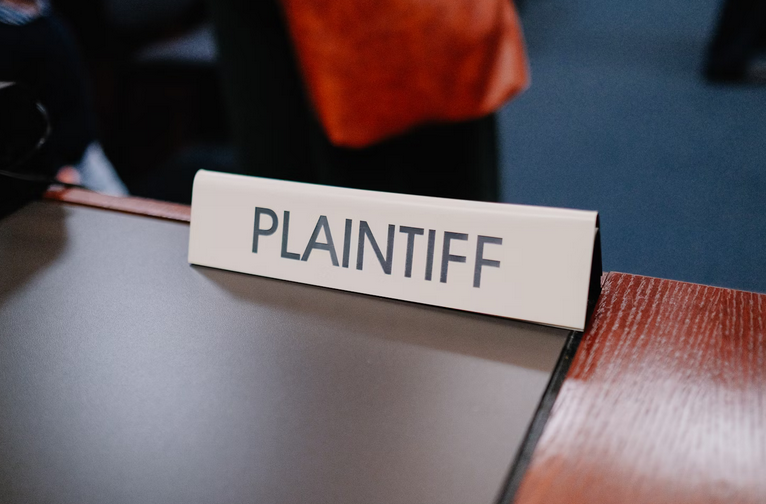






 One way to win a court case is to hire a great lawyer. A great lawyer knows the ins and outs of the legal system, which is invaluable in a court battle. Furthermore, an experienced attorney can help you develop a strategy to present your case to the judge or jury in the best light possible. If your family or friends can recommend a lawyer, then give that person a try.
One way to win a court case is to hire a great lawyer. A great lawyer knows the ins and outs of the legal system, which is invaluable in a court battle. Furthermore, an experienced attorney can help you develop a strategy to present your case to the judge or jury in the best light possible. If your family or friends can recommend a lawyer, then give that person a try. The last way to win a court case is to develop an effective defense strategy. This means creating an argument that will clearly present the facts of your case in the most favorable light. The way you present your evidence and arguments in court can be just as important as the actual legal principles involved in the case. In addition, you should also consider any possible weaknesses in your case and how they can be addressed.
The last way to win a court case is to develop an effective defense strategy. This means creating an argument that will clearly present the facts of your case in the most favorable light. The way you present your evidence and arguments in court can be just as important as the actual legal principles involved in the case. In addition, you should also consider any possible weaknesses in your case and how they can be addressed.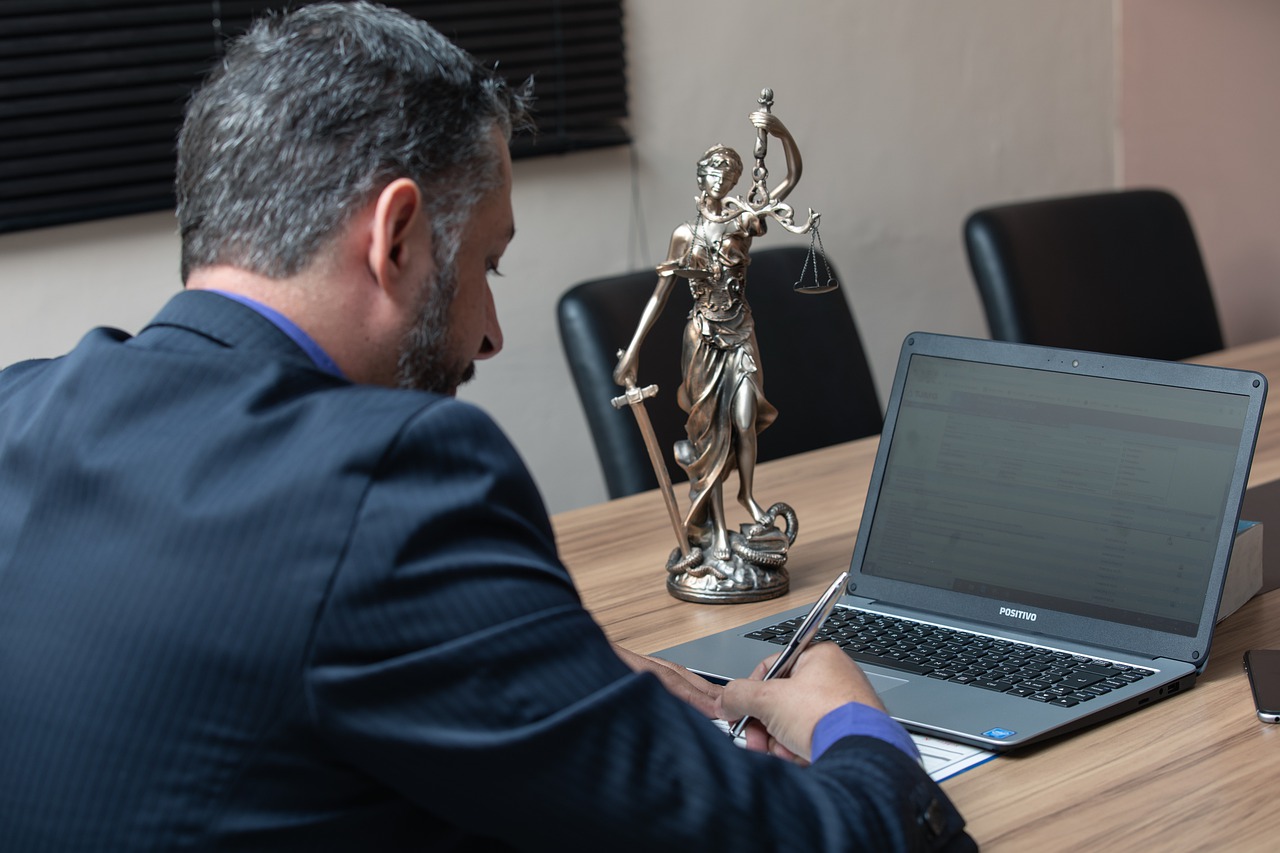
 A personal injury case is a legal case in which someone tries to obtain compensation from another party due to negligent actions that resulted in physical, emotional, or financial damage. The most common types of these cases are car accidents and medical malpractice claims. This means that the person who caused your injury was not taking reasonable care while driving their vehicle (or being driven by someone else).
A personal injury case is a legal case in which someone tries to obtain compensation from another party due to negligent actions that resulted in physical, emotional, or financial damage. The most common types of these cases are car accidents and medical malpractice claims. This means that the person who caused your injury was not taking reasonable care while driving their vehicle (or being driven by someone else).

 When you’re in the middle of a divorce, it’s easy to feel like no one can understand. You may be tempted to try and power through on your own by “being strong” or not talking about what you are going through. This is an understandable response, but please don’t make this mistake! Instead, seek help and guidance from a professional therapist or your closest friends and family members that can offer you peace of mind and a shoulder to cry on.
When you’re in the middle of a divorce, it’s easy to feel like no one can understand. You may be tempted to try and power through on your own by “being strong” or not talking about what you are going through. This is an understandable response, but please don’t make this mistake! Instead, seek help and guidance from a professional therapist or your closest friends and family members that can offer you peace of mind and a shoulder to cry on.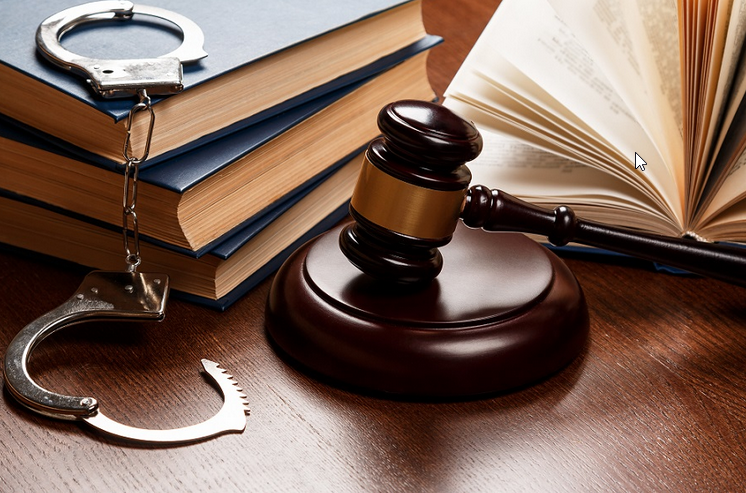
 Different criminal defense attorneys specialize in specific types of criminal cases. If you want to find the best attorneys, it is essential to understand the nature of your criminal case to enable you to choose the best lawyer. It is crucial to select the right lawyer based on your charges to determine the success of your case. If you are convicted of fraud charges, then a criminal fraud lawyer will assist you in your case and ensure you win.
Different criminal defense attorneys specialize in specific types of criminal cases. If you want to find the best attorneys, it is essential to understand the nature of your criminal case to enable you to choose the best lawyer. It is crucial to select the right lawyer based on your charges to determine the success of your case. If you are convicted of fraud charges, then a criminal fraud lawyer will assist you in your case and ensure you win.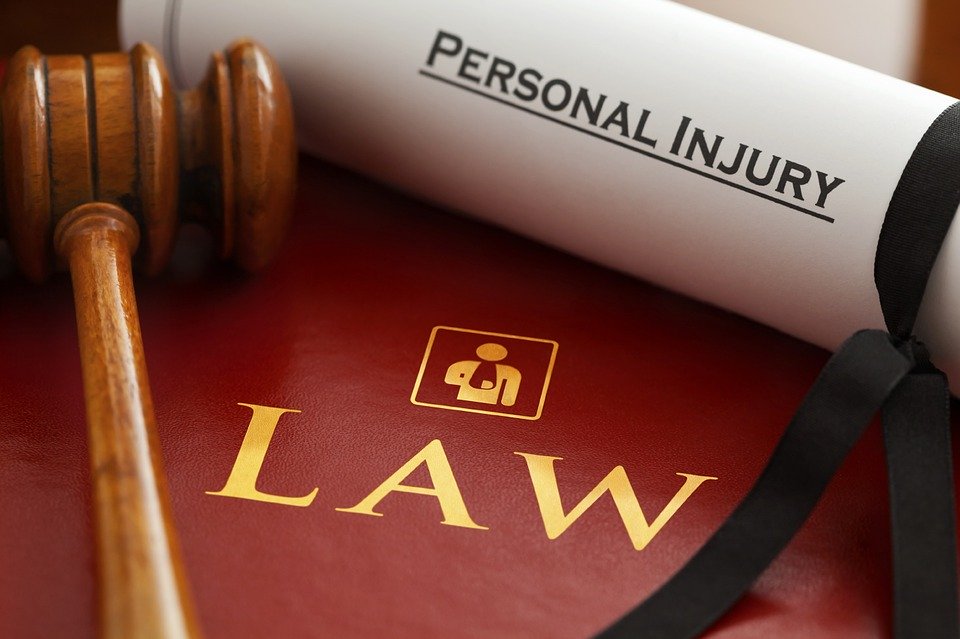
 Those benefits can range from professionalism to peace of mind. The critical point here is that you will need to make sure that you are working with the best attorney to enjoy some of these benefits, as illustrated below.
Those benefits can range from professionalism to peace of mind. The critical point here is that you will need to make sure that you are working with the best attorney to enjoy some of these benefits, as illustrated below.
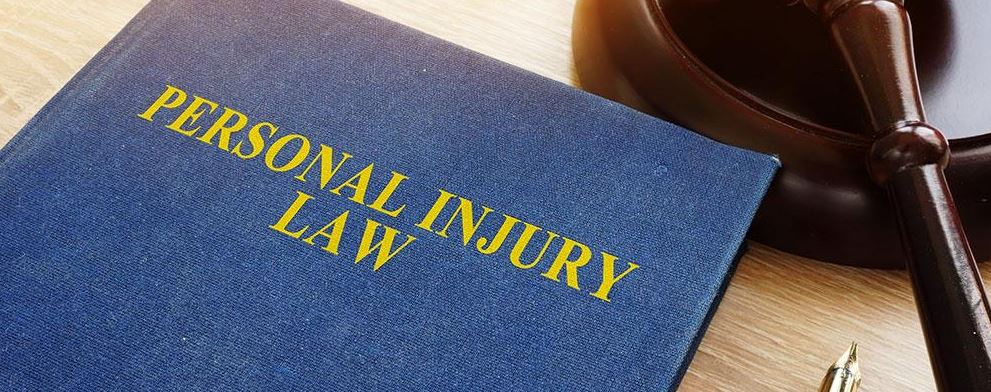
 Personal injury attorneys also offer the necessary legal counsel. This is vital if you want to have an easy time throughout the hearing process. They can also advise on the right amount to quote as your compensation. This is after examining your medical expenses and other damages incurred. You will have a smooth time during your case when you hire one. Some personal injury attorneys can liaise with insurance companies to ensure their clients are compensated. It would be best if you looked for the right lawyer for a successful hearing. Here is what to consider when hiring one.
Personal injury attorneys also offer the necessary legal counsel. This is vital if you want to have an easy time throughout the hearing process. They can also advise on the right amount to quote as your compensation. This is after examining your medical expenses and other damages incurred. You will have a smooth time during your case when you hire one. Some personal injury attorneys can liaise with insurance companies to ensure their clients are compensated. It would be best if you looked for the right lawyer for a successful hearing. Here is what to consider when hiring one. Legal Fees
Legal Fees


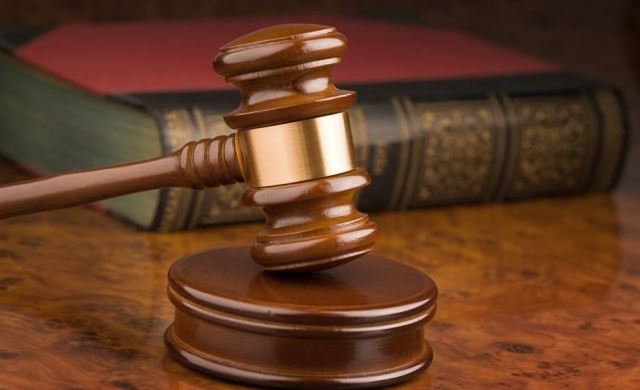
 is to get compensation. You may incur a lot in medical bills after an accident. The person responsible for the crash should foot the bills. Families and loved ones who suffer emotional harm will also get justice and compensation. Look for a personal injury attorney who is qualified for the job. Hiring one can be beneficial to your case in several ways which include:
is to get compensation. You may incur a lot in medical bills after an accident. The person responsible for the crash should foot the bills. Families and loved ones who suffer emotional harm will also get justice and compensation. Look for a personal injury attorney who is qualified for the job. Hiring one can be beneficial to your case in several ways which include: If you do not have the cash to get yourself out of custody, you need assistance from the bail bondsman. In this case, the common type you are given is a surety bond. It is secured when you pay 10% of the bail amount to the bondsman while promising that you will attend court hearings. When you pay 10% of the bond, the bondsman covers the rest, allowing you to get back home to your family and friends. Usually, bail bond agencies are flexible as they help you to secure your surety bond by providing flexible payment plans that suit your needs.
If you do not have the cash to get yourself out of custody, you need assistance from the bail bondsman. In this case, the common type you are given is a surety bond. It is secured when you pay 10% of the bail amount to the bondsman while promising that you will attend court hearings. When you pay 10% of the bond, the bondsman covers the rest, allowing you to get back home to your family and friends. Usually, bail bond agencies are flexible as they help you to secure your surety bond by providing flexible payment plans that suit your needs.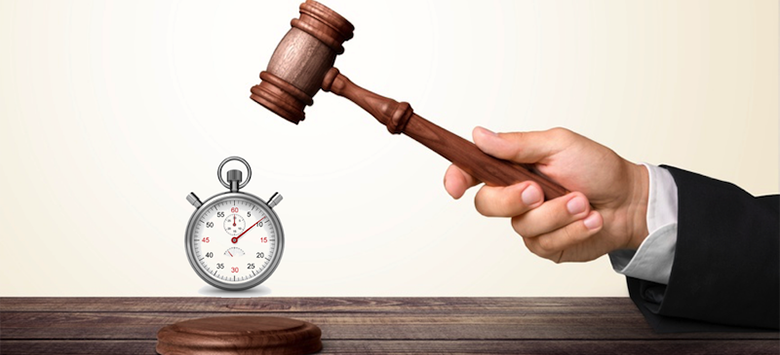
 The last thing you can do is to hire a lawyer with no experience. A hernia mesh lawsuit is a medical negligence type of case, and this means that there are a lot of medical terms used. You cannot hire a lawyer who knows nothing about medical negligence case.
The last thing you can do is to hire a lawyer with no experience. A hernia mesh lawsuit is a medical negligence type of case, and this means that there are a lot of medical terms used. You cannot hire a lawyer who knows nothing about medical negligence case. Keeping records is essential when perusing the case. You need to make sure that you have all the evidence to pursue the case. You need to remember that a medical negligence case is based on facts and it is essential to have all the necessary evidence to support your claim. Keep all the medical records and make sure that you present them in court at the right time.
Keeping records is essential when perusing the case. You need to make sure that you have all the evidence to pursue the case. You need to remember that a medical negligence case is based on facts and it is essential to have all the necessary evidence to support your claim. Keep all the medical records and make sure that you present them in court at the right time.


